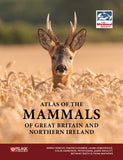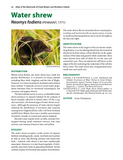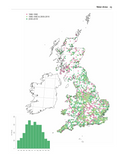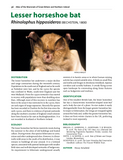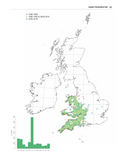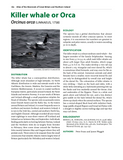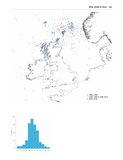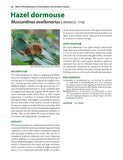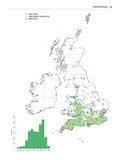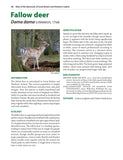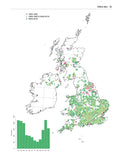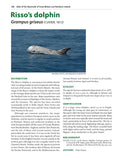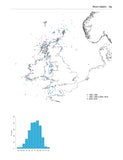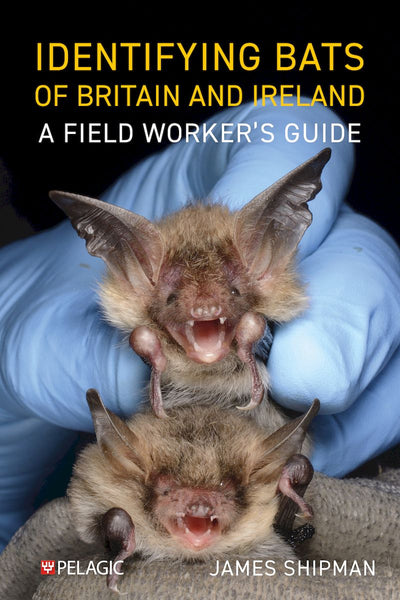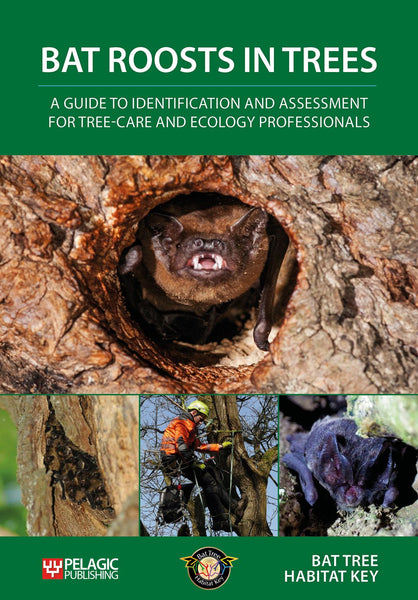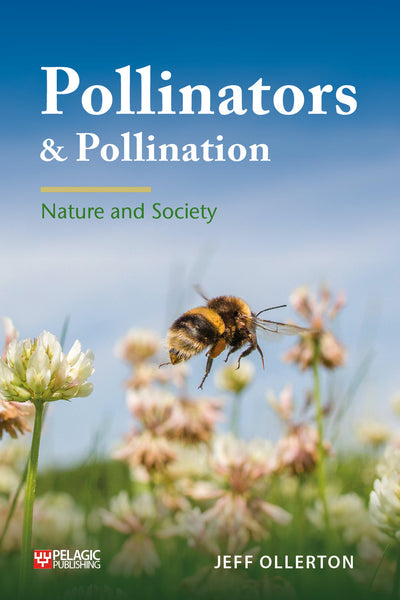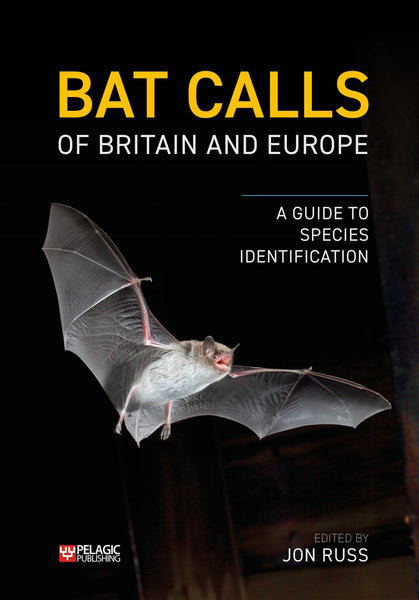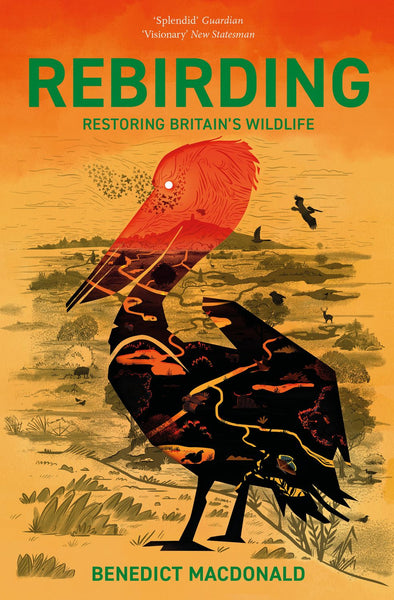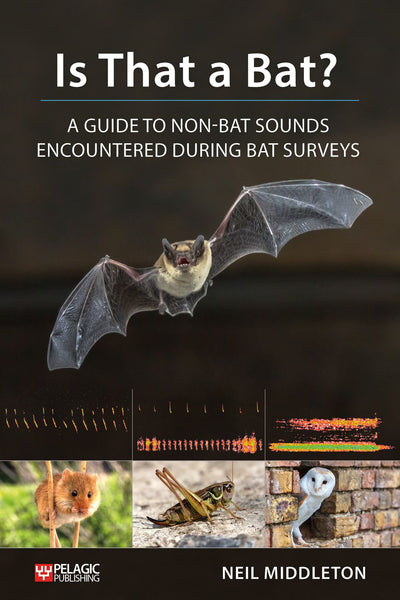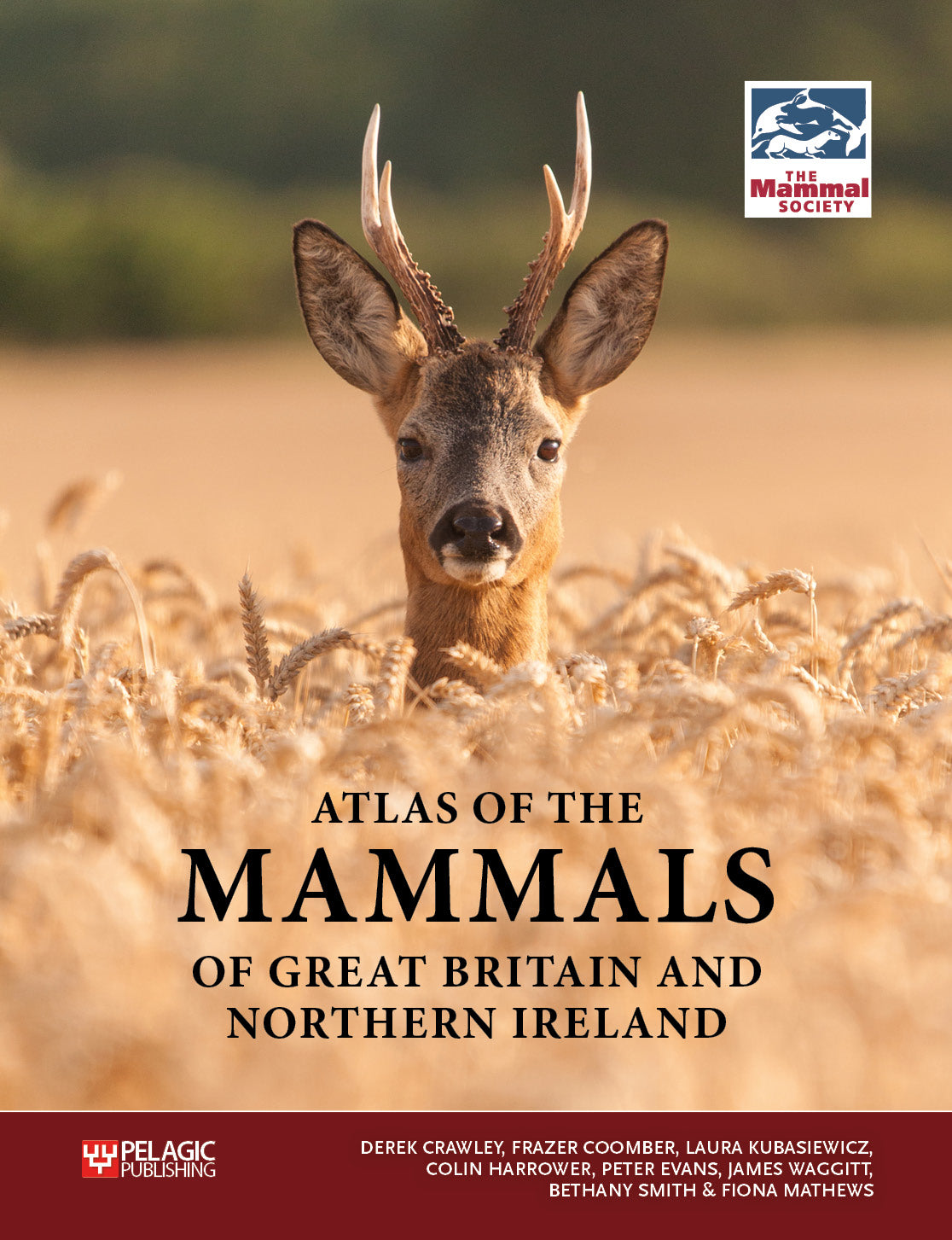
Atlas of the Mammals of Great Britain and Northern Ireland
- Based on over 1.8 million occurrence records
- High-resolution distribution maps
- An invaluable source of information for enthusiasts, ecologists, and policy makers
- atlas
- Britain
- British Isles
- distribution
- mammals
- natural history
Description
Based on more than 1.8 million records, this Atlas provides the most up-to-date information on the current distributions of both terrestrial and marine mammals in the United Kingdom, the Channel Islands and the Isle of Man. Many changes over time, such as the rapid invasion of the grey squirrel, the recovery of the pine marten and the decline of the water vole, are readily apparent from the detailed maps.
Fully illustrated with photographs, detailed information is provided for 84 species, including descriptions of their ecology and identification, together with graphs showing the seasonal distribution of records. Data are also presented for feral species, vagrants, and cetaceans that have only ever been found as strandings. The Atlas will be an invaluable source of information to mammal enthusiasts, professional ecologists, and policy makers.
DOI: https://doi.org/10.53061/XTWI9286
Table of Contents
Foreword
Acknowledgements
Introduction
Methods
-Data collection
-Distribution maps
-Record coverage across the UK
Species accounts
Cetaceans known in Britain and Ireland only from strandings
Vagrant species and those without established populations in the UK
Feral colonies and populations
Reviews
- A culmination of many years’ worth of work in compiling data from records made in a variety of ways; from the old-fashioned method with pen and paper to taking advantage of modern developments in ‘citizen science’.
—Gillian Birtles, BTO - … a delightful book to look at …. I hope it’s not another 30 years before someone else is brave enough to marshal an update. If they do then this Atlas will stand out as a clear mark in the sand to compare with. —Ian Bond, ECOS
About the Author
The Mammal Society’s mission is to achieve the effective conservation of the mammals of the UK. The restoration of thriving mammal communities not only contributes to more sustainable ecosystems but engages people with the natural environment. Established in 1954, we provide a national voice for mammal conservation and advise policy makers, practitioners and wildlife enthusiasts – many of whom have been responsible for collecting the information presented in this Atlas.
Unlike many charitable organisations monitoring British wildlife, the Mammal Society receives no central government funding for our core work. Our activities to halt the decline of threatened species, monitor their conservation status, raise awareness of mammal conservation issues and advise on issues affecting British mammals, depend entirely on the generosity of our supporters.
Bibliographic Information
 204 pages
204 pages - 107 colour figures, 89 distribution maps
- 2 tables
- BISAC SCI070030, NAT019000, 1.1.2.0.0.0.0
- BIC PSVW7, WNCF, RNKH, 1DBK






